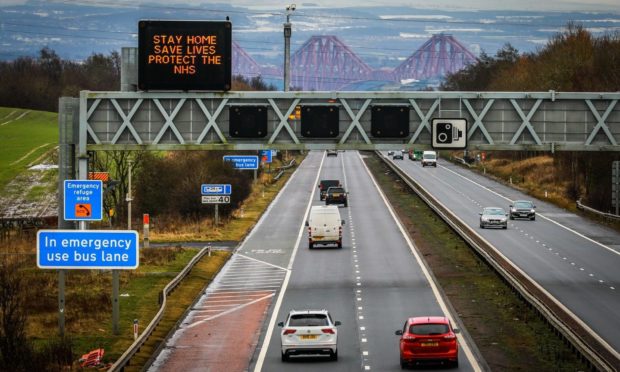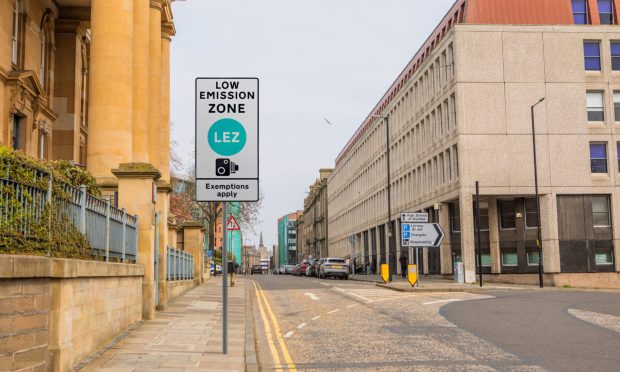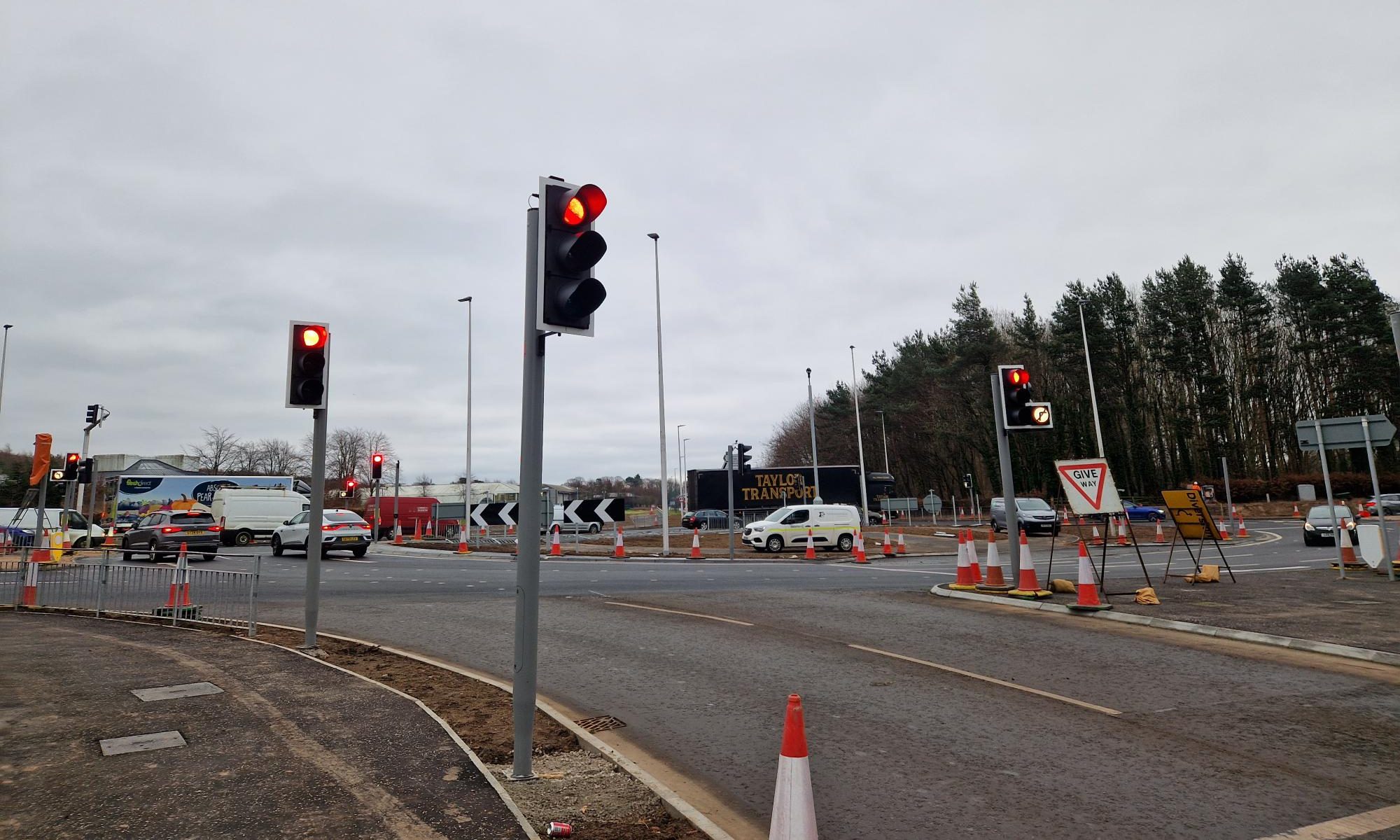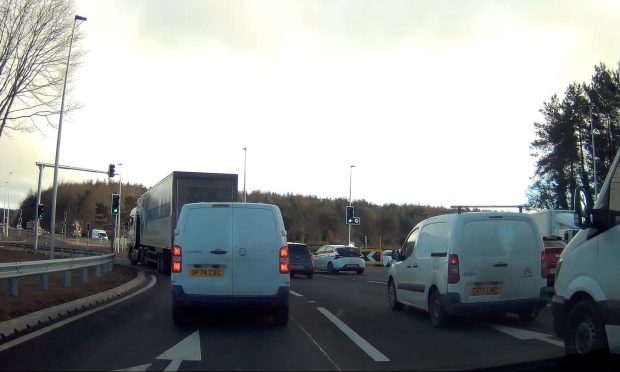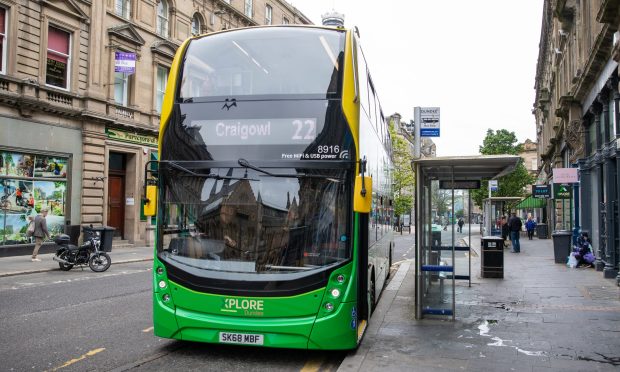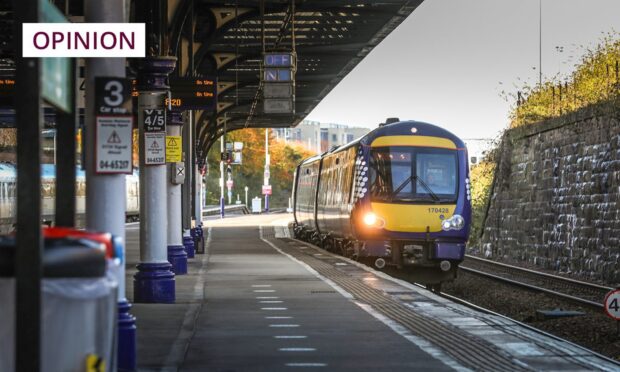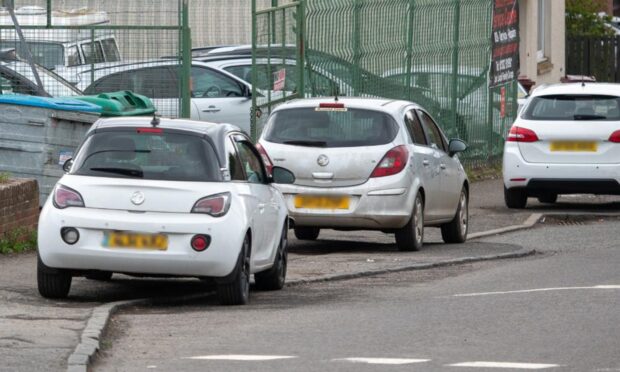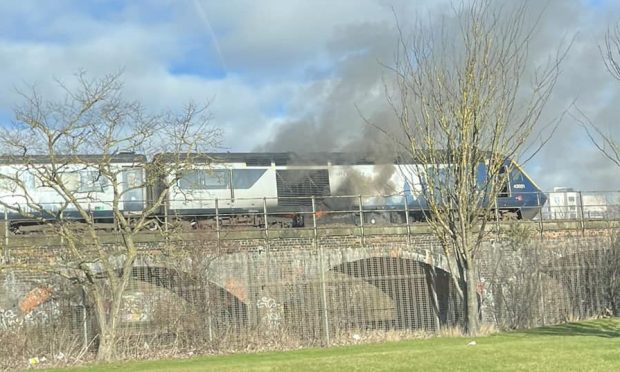Recent calls to ban driving in cities on Sundays and lower motorway speed limits have underlined the severity of the fuel crisis across Europe.
Experts at the International Energy Agency (IEA) have made headlines with their 10 point plan to cut fuel use and save oil.
The energy forum want governments to introduce emergency changes to save 2.7m barrels of oil per day within four months.
Drivers visiting forecourts in Tayside and Fife will not need a consortium of experts to tell them how the situation in Ukraine is hitting them in the pocket.
A ban on Sunday driving and reducing the motorway speed limit to 64mph are the more eye-catching of the IEA’s recommendations.
But they also include more established ideas such as permanent home working at least three days a week, making public transport cheaper and slashing unnecessary business travel.
Who are the IEA and why do they want a Sunday driving ban?
The International Energy Agency (IEA) includes 31 countries such the United Kingdom, United States, Ireland and Norway.
Founder countries set it up in 1974 in response to a previous oil crisis.
But in today’s world, alarmed Sunday drivers in Scotland should rest easy, at least for now.
Transport Scotland officials have no plans to introduce either a ban or a speed limit change in the short to medium term.
Change for drivers, however, is coming regardless.
This work was already well under way before Russian forces attacked Ukraine.
Scottish Government ministers have a target to reduce the number of kilometres driven in the country by 20% by 2030.
Yeah, a fifth in less than eight years.
That may seem implausible for drivers today. But it is a key part of how Scotland will reduce its emissions to net zero by the 2045 target.
Transport stubbornly remains our highest source of emissions.
So no ban now – but what does the government want us to do?
In short, drive less.
The Scottish Government’s plan contains few headline grabbers similar to the IEA’s most arresting recommendations.
Ministers seem to have put potential vote losers – such as recommendations on road charging – on the back burner.
In effect, rocketing fuel prices may do the same job.
But what remains is a detailed, comprehensive plan to eliminate the need for many journeys.
Ministers believe building stronger local communities that serve people with what they need close to home will stop people from getting behind the wheel.
It's #TransportDay at #COP26 and @scotgov have signed five agreements supporting the global decarbonisation of transport.
Scotland’s commitment to reduce car kilometres by 20% by 2030 has been included in the #Under2 Leaders Action document.
Read more ➡️ https://t.co/1GbuYKcplp pic.twitter.com/zy0p2kVOI7
— Transport Scotland (@transcotland) November 10, 2021
Improved broadband will make the most of the Covid-19 work from home revolution.
The other fare is predictable – though no less important.
Cheaper and better trains and buses, more car sharing, big money for walking, cycling and wheeling.
It’s mostly carrot, though a hint of stick remains in controversial plans to give councils powers to charge for parking at work.
The cost of living crisis is likely to have killed that plan for now.
But rest assured that while transport chiefs across the country may not be following the IEA’s lead on car bans, or speed limits, they remain focused on getting as many drivers out of their cars as possible.
